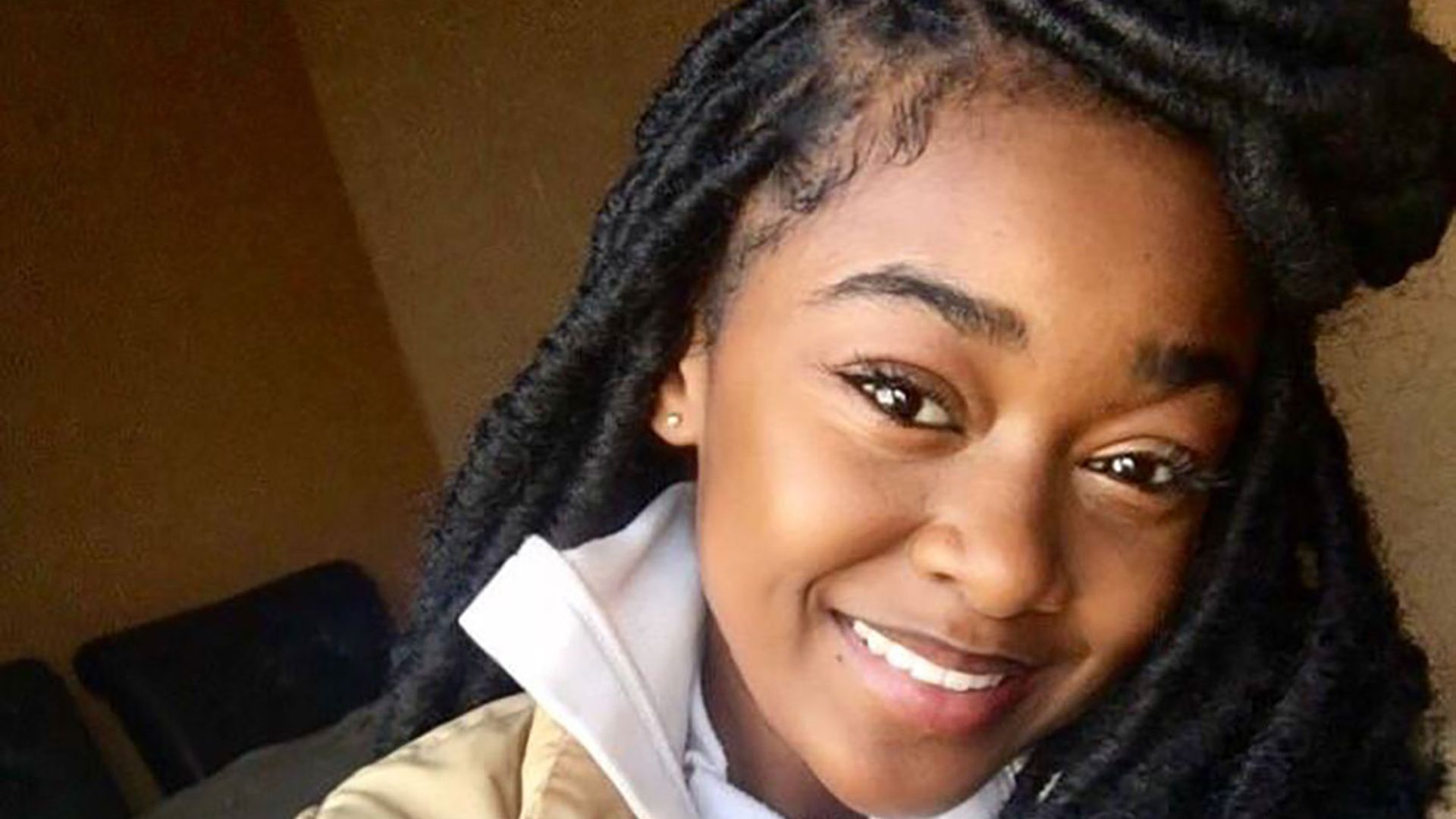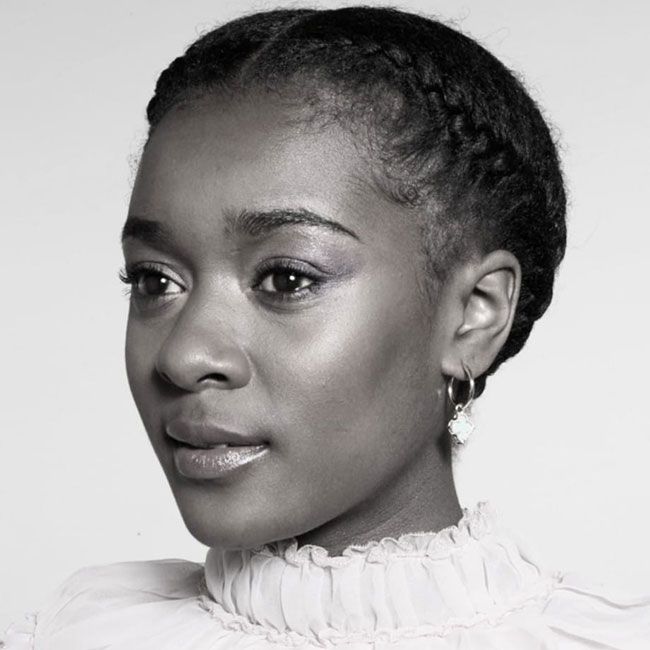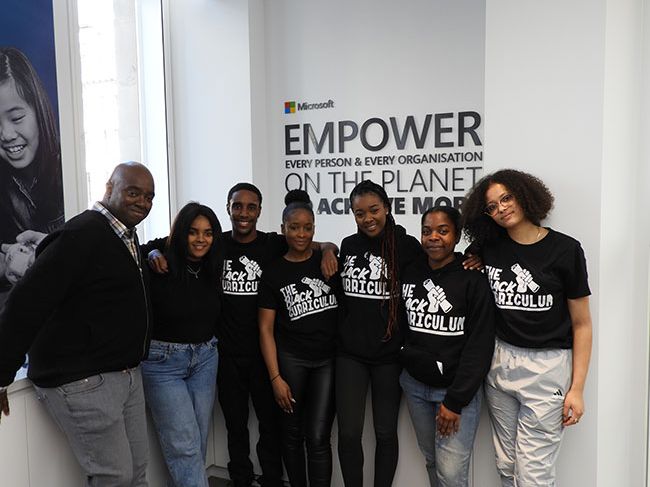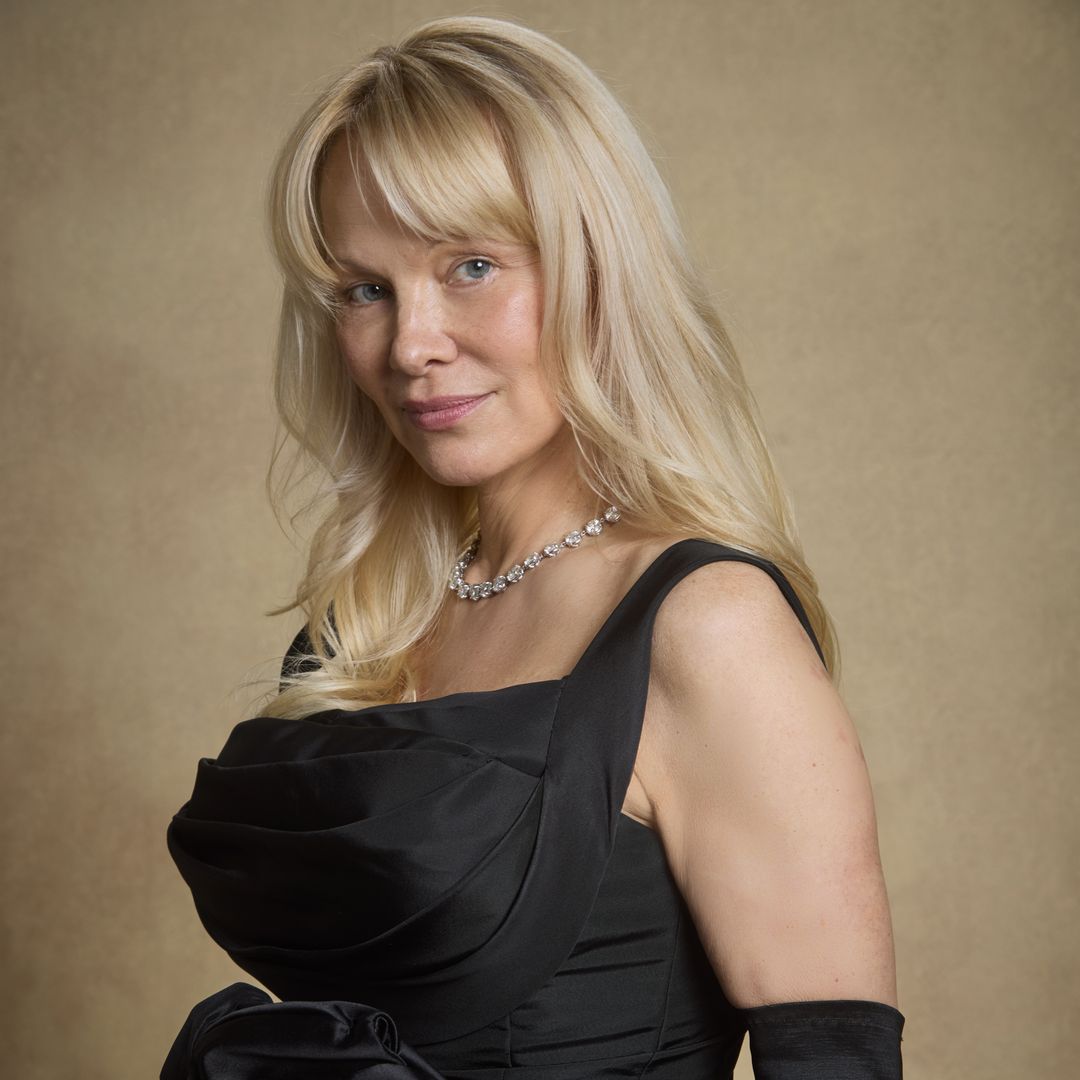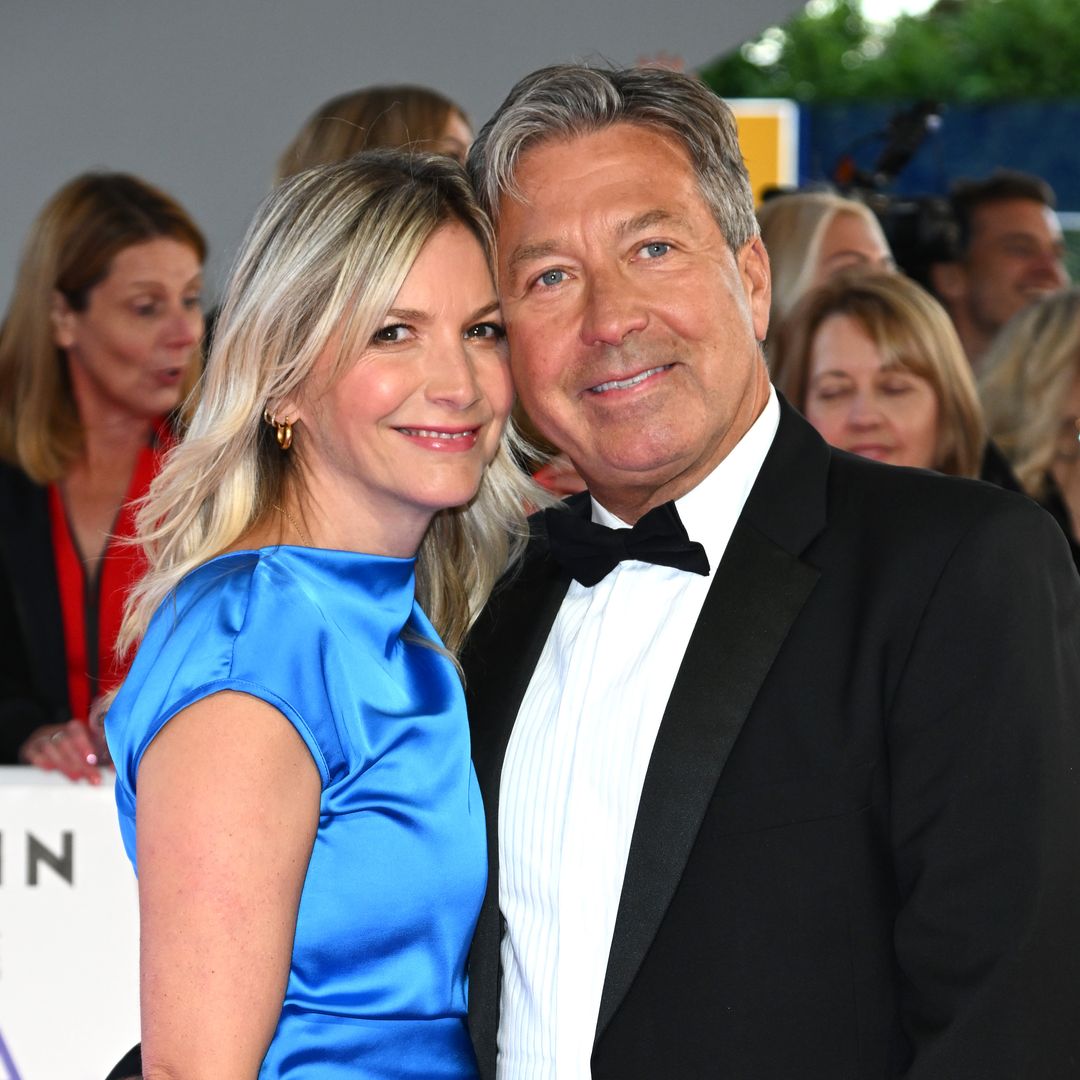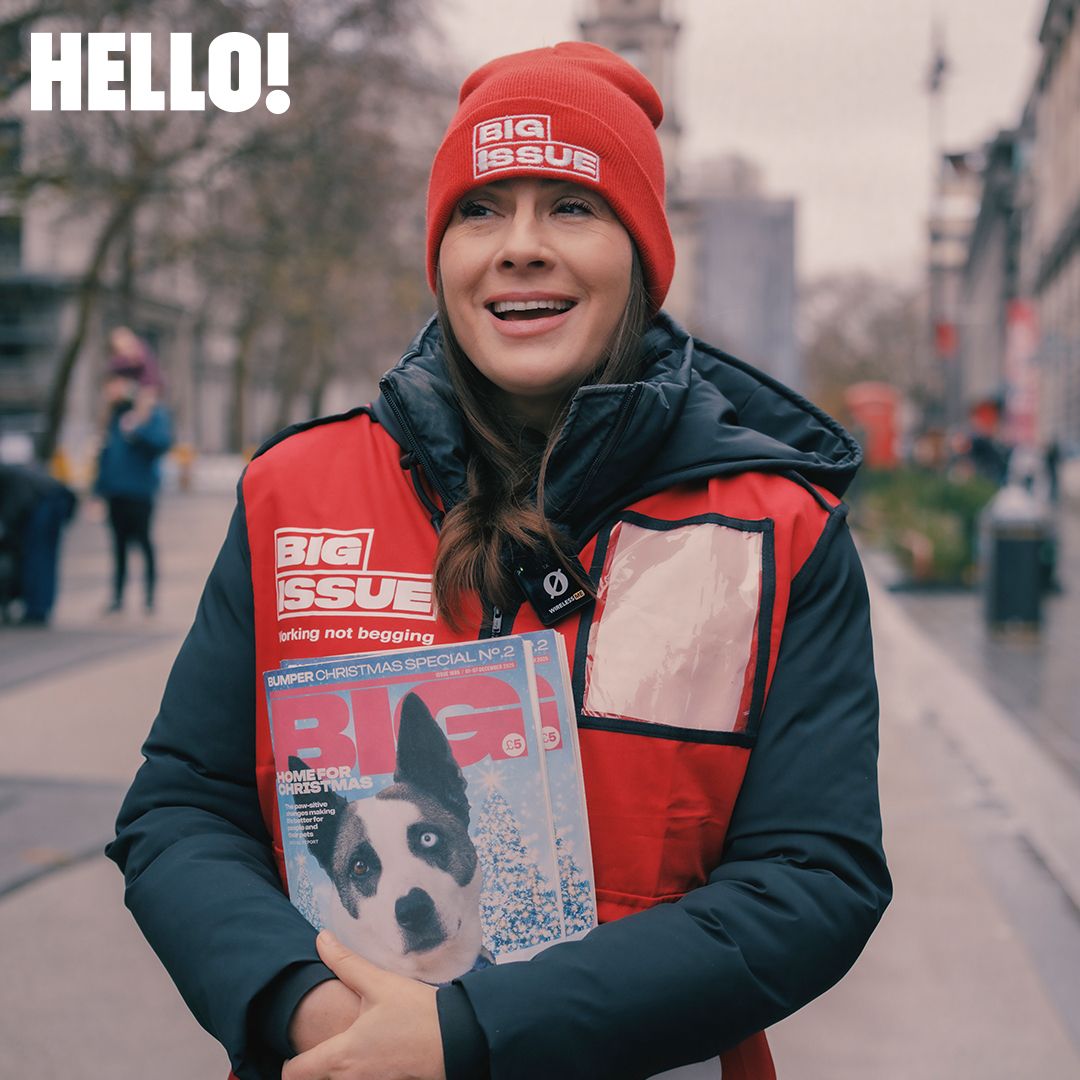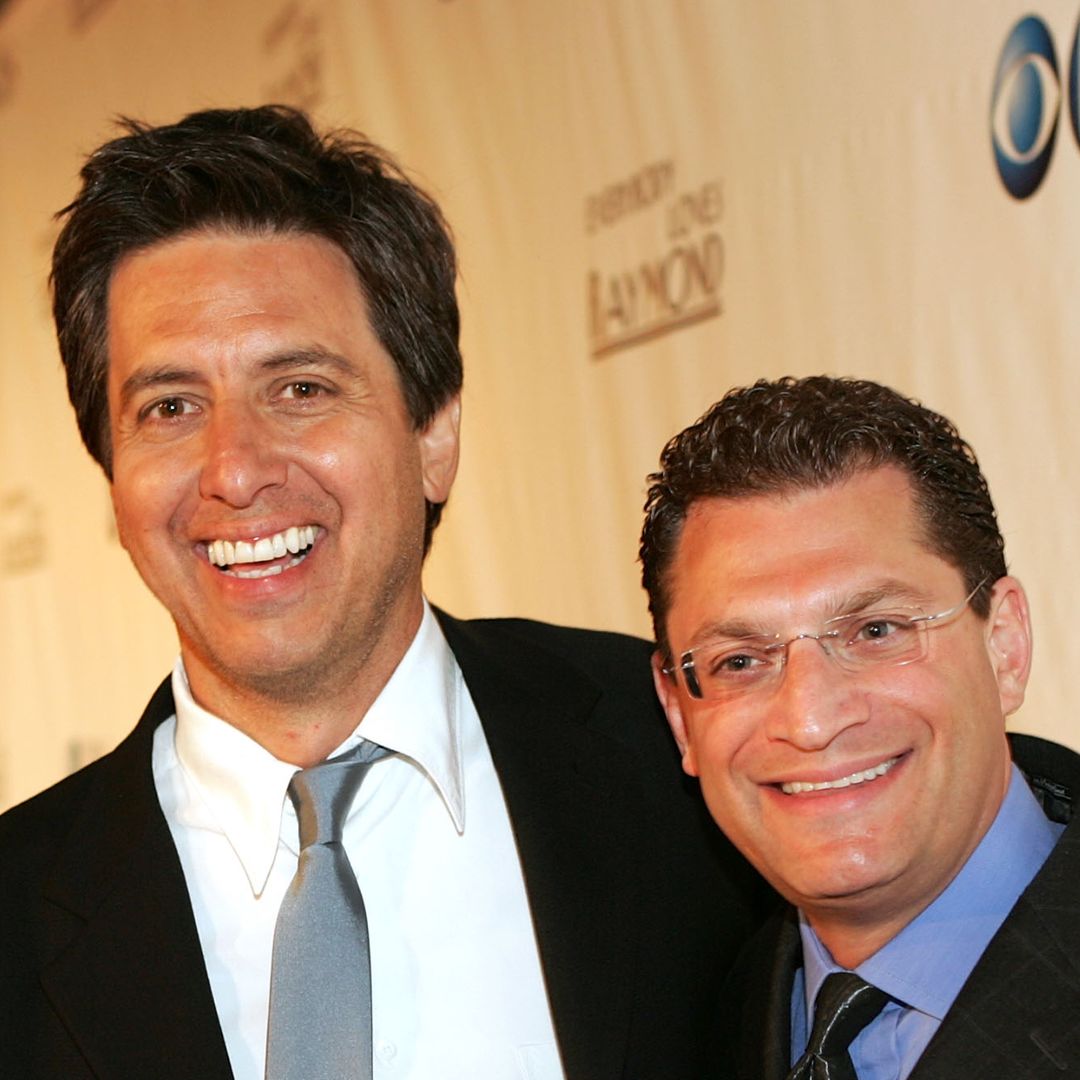Lavinya Stennett, 23, is the CEO of The Black Curriculum, a social enterprise based in London which aims to get black British history taught in schools over the country and is supported by stars including JLS, Denise Lewis, Bonnie Wright and Gemma Cairney. Black History Month runs throughout October.
Black History Month starts on October 1 and I think it's great as it's important to educate and raise awareness about different parts of black history. It shines a spotlight an issue which many people aren't aware of. For those that don't know about the issue, and there's a lot of people that don't, it's a good introductory month but it's not final. We don't disappear after that month, we are still here, making contributions to Britain.
The campaign has won support from the likes of JLS and Olympian Denise Lewis
The Black Curriculum wants to embed black British history into the national curriculum by working to support teachers in schools. Our aim is to empower all students with a sense of identity. We have found that, if some young people are not taught black history more accurately, they find it very hard to identify themselves as part of Britain. We want to empower everyone and to recognise that this country has always been diverse.
READ: 17 best children's books to help teach kids about diversity
Growing up in South London, I definitely wish we had an organisation like The Black Curriculum then. I remember I did a topic about African-American inventors at primary school and that was a really important moment to me, but when I got into secondary school I didn't do anything particularly focused on black British history. I really wish I had had something in school to make me realise how I was connected to the material because it's no good presenting information if it doesn’t relate to young people.
I went on to study African studies and development at SOAS University [in London] and it was really exciting. I was learning Swahili and being set up to go into the world and be an active citizen who has knowledge and speaks several languages - but there are many young people that don’t always have that experience, particularly when it comes to African history. Really, it should be as important as learning Shakespeare.
Lavinya and the team helping her spread awareness of black history.
During my degree, I studied indigenous culture at a Maori university in New Zealand for three months in 2018 and I saw how important it was to them to learn their history. I thought: 'Well, why aren't we doing the same thing in the UK?' That gave me the motivation to want to spread the information that I was learning. I started to get very involved in social activism at SOAS – I won social activist of the year in 2019 – and a lot of my work was around improving access for working class students. I also set up a society called Art and the African Mind to focus on education and improving the experience of black students at university and from there I set up The Black Curriculum. I was running it while I was studying. It is my passion so I had to do what I could whilst I could!
MORE: Black-owned fashion and beauty brands to support on Black Pound Day and everything you need to know
We started off holding focus groups and organising research and development and when I graduated we went straight into schools.
We deliver workshops where we go in and work with teachers to deliver our message through a variety of subjects, including history and PHSE [Personal, Social, Health and Economic Education], or through the medium of poetry or drama. We think about experiences that are historical that can be fitted into different subjects. So we do art history or music, politics, sociology. We push for that diversity across the curriculum because it's not just history that has been whitewashed, it's all subjects.
I feel we have made a huge impact in the short time we have been running. A lot of young people feel empowered that they are learning something new, some say they want to do it again or start something similar for themselves; one boy even started his own book club on black history.
Learning about your own background helps to root you and knowledge gives you that sense of purpose in life. And I think you need to identify with positive role models; when you look in textbooks, if there is a lack of positive imagery and narratives around black people, it makes you feel like you don't have anything to give, so seeing your ancestors on the curriculum in positive ways gives you a more positive identity into society. You are able to make better connections and better choices because you actually feel like you belong in society.
I think the recent Black Lives Matter movement has helped us a lot. We have had so many schools we had contacted previously to say 'we need you now!' And I think without that awareness, our work wouldn't be at the level that it is today. It definitely amplified our message.
But there is still a long way to go. I would like to see us work more outside of London and accessing other cities to make sure that everyone feels part of this knowledge.
